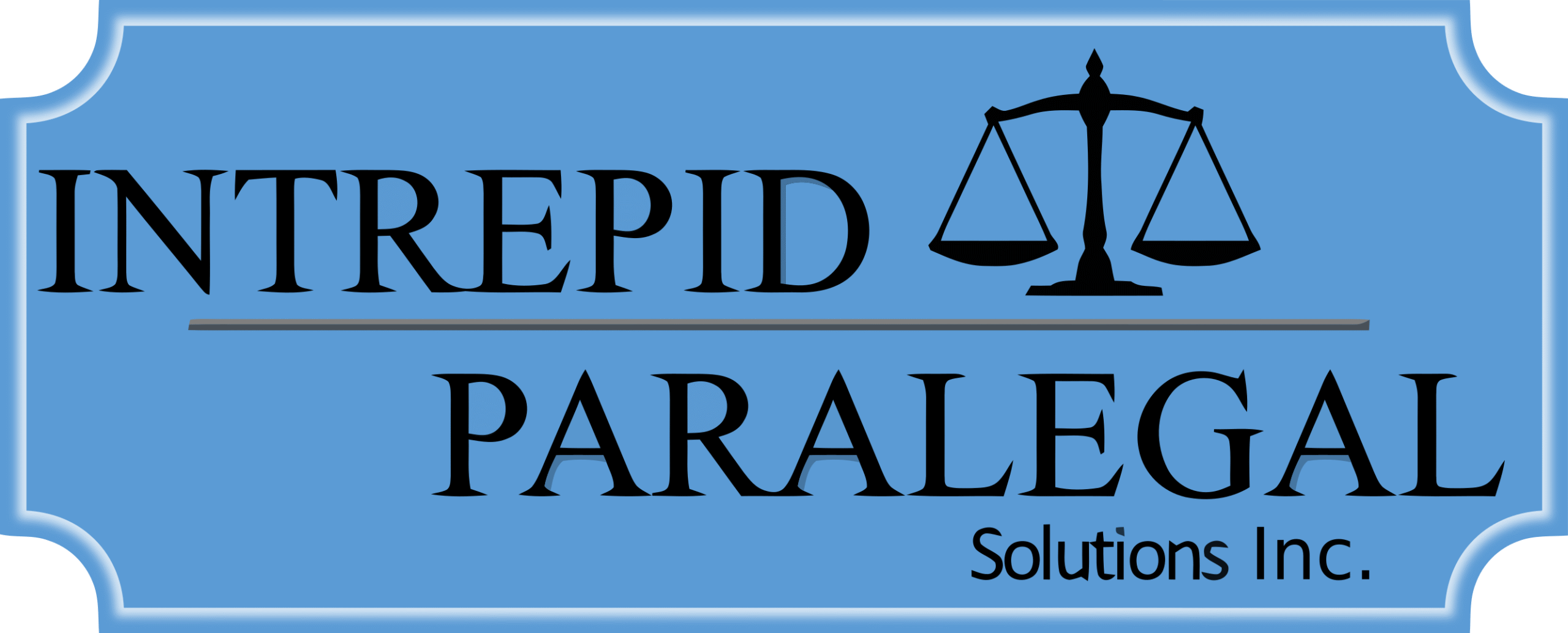The role of paralegals has evolved significantly since their emergence in the mid-20th century, transforming from mere assistants to crucial players in the legal field, as paralegal rights continue to gain recognition and importance. As the profession continues to grow, so do the rights and responsibilities of paralegals. Understanding this evolution provides a lens through which we can view the current landscape and predict future changes that will shape the profession.
A Brief History of Paralegal Rights
The concept of the paralegal profession began to take shape in the 1960s, primarily in response to the growing demand for legal services. Initially, paralegals were seen as administrative support, tasked with routine clerical duties. However, as their roles expanded, so too did the recognition of their importance within the legal system.
- 1960s-1970s: The paralegal profession emerged during this time, with early paralegals primarily performing clerical and administrative tasks under the supervision of attorneys. The rights of paralegals were limited, with no formal recognition of their role or responsibilities.
- 1980s: The American Bar Association (ABA) began to acknowledge the importance of paralegals, leading to the development of guidelines and standards for paralegal education and training. This period also saw the rise of paralegal associations, which advocated for the rights and professional recognition of paralegals.
- 1990s: The role of paralegals expanded significantly, with many taking on more substantive legal work, such as legal research, drafting documents, and assisting in trial preparation. During this decade, the push for formal certification and regulation of paralegals gained momentum, leading to the establishment of certification programs.
- 2000s: The 21st century brought increased recognition of paralegals as integral members of the legal team. As their responsibilities grew, so did their rights, with many states beginning to explore the possibility of licensing and regulating the profession to ensure competency and ethical conduct.
How Paralegal Rights Have Evolved
The evolution of paralegal rights has been marked by a gradual but steady increase in responsibilities, recognition, and professional standards. These changes have largely been driven by the need for legal services that are more affordable and accessible, particularly in an era where the cost of legal representation continues to rise.
- Expansion of Duties: Over the years, paralegals have taken on a broader range of duties, often performing tasks that were once reserved for attorneys. This shift has led to increased autonomy and a greater need for specialized knowledge and skills.
- Certification and Education: The push for certification and formal education has been one of the most significant changes in the paralegal profession. Many paralegals now hold degrees or certificates from accredited institutions, and some states have implemented voluntary certification programs to ensure a high standard of professionalism.
- Professional Associations: The growth of professional associations, such as the National Association of Legal Assistants (NALA) and the National Federation of Paralegal Associations (NFPA), has played a crucial role in advocating for paralegal rights. These organizations have worked tirelessly to promote the interests of paralegals, offering resources for education, certification, and career advancement.
- Ethical Standards: The development of ethical guidelines specific to paralegals has been another significant advancement. These standards, often modeled after the ABA’s ethical rules for attorneys, help ensure that paralegals uphold the highest levels of integrity and professionalism.
Current Landscape and Challenges
While the rights of paralegals have come a long way, there are still challenges that the profession faces today. One of the primary concerns is the lack of uniformity in regulation and certification across different states. This inconsistency can lead to varying levels of competency and recognition for paralegals, depending on their location.
Another ongoing issue is the debate over the appropriate level of autonomy for paralegals. While some advocate for increased independence, others argue that paralegals should continue to work strictly under the supervision of attorneys to prevent unauthorized practice of law.
The Road Ahead: Future Changes in Paralegal Rights
As we look to the future, several trends are likely to shape the evolution of paralegal rights:
- Increased Regulation and Licensing: There is a growing movement toward the formal regulation and licensing of paralegals. This trend could lead to a more standardized profession, with consistent requirements for education, certification, and ethical conduct across all states.
- Technology and Automation: The legal field is rapidly embracing technology, and paralegals are no exception. As automation and artificial intelligence become more prevalent, the role of paralegals is likely to shift. Paralegals may need to develop new skills to work alongside these technologies, which could lead to further changes in their rights and responsibilities.
- Greater Autonomy: As paralegals continue to take on more substantive legal work, there may be a push for greater autonomy within the profession. This could include the ability to perform certain tasks without direct attorney supervision, potentially leading to new legal frameworks that define the boundaries of paralegal practice.
- Expansion of Roles: The role of paralegals is likely to continue expanding into areas traditionally handled by attorneys. This could include increased involvement in client interactions, legal strategy, and even representation in certain types of cases, particularly in underserved communities where access to legal services is limited.
- Advocacy and Recognition: The future of paralegal rights will also depend on continued advocacy from professional associations and the legal community. As the profession gains more recognition, paralegals may see further advancements in their rights, including better compensation, more opportunities for career advancement, and greater respect within the legal field.
Charting the Future of Paralegal Rights
As the paralegal profession continues to evolve, so too must the rights and recognition that accompany it. The advancements made thus far have paved the way for a future where paralegals play an even more integral role in the legal field. However, achieving this future will require ongoing advocacy, education, and a commitment to upholding the highest standards of professionalism.
Take the Next Step in Your Paralegal Career
At Intrepid Paralegal Solutions, we are dedicated to supporting the growth and development of paralegals across the nation. Whether you’re just starting out or looking to advance your career, our resources, training, and community can help you navigate the challenges and opportunities ahead. Explore our services today and join us in shaping the future of the paralegal profession.

